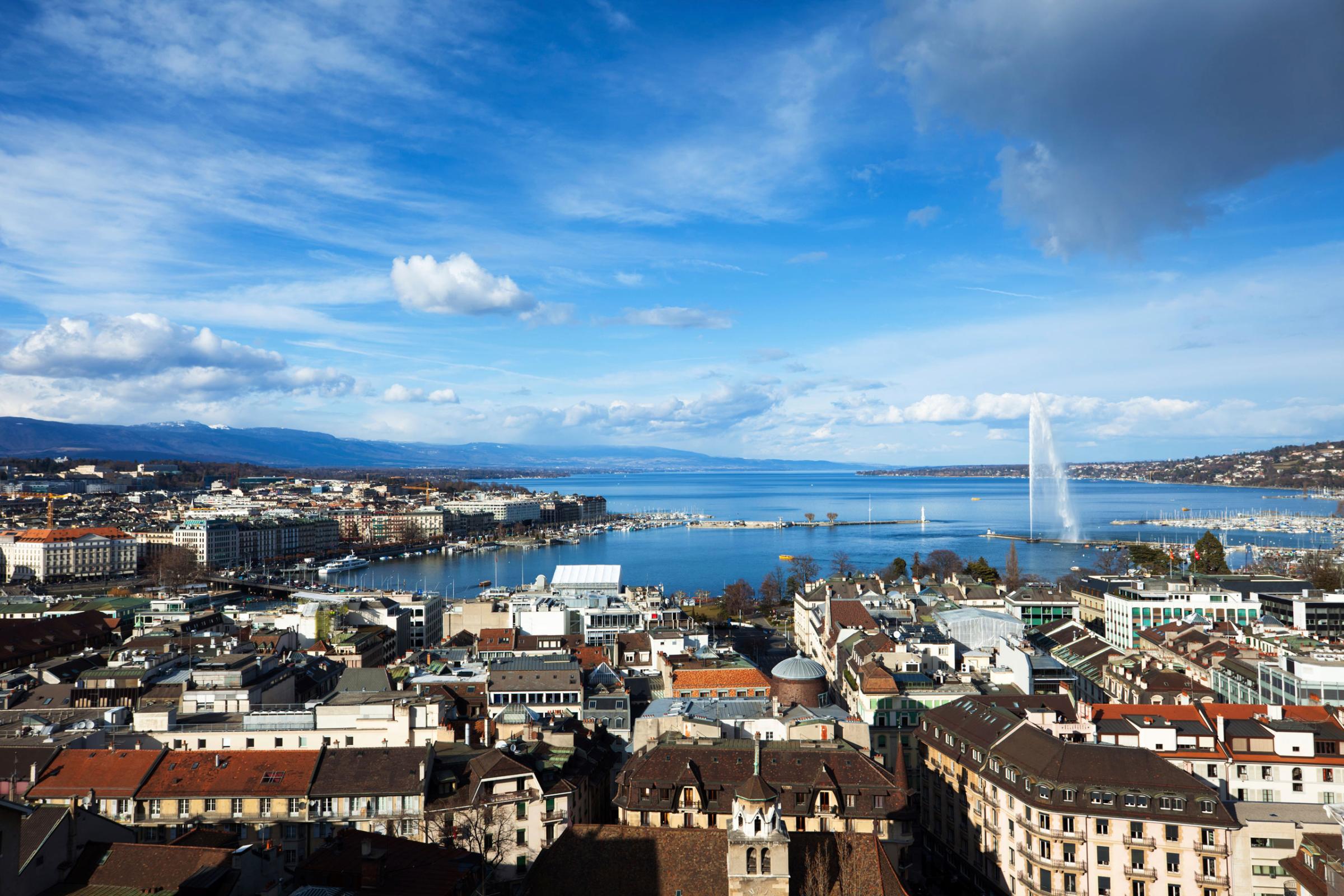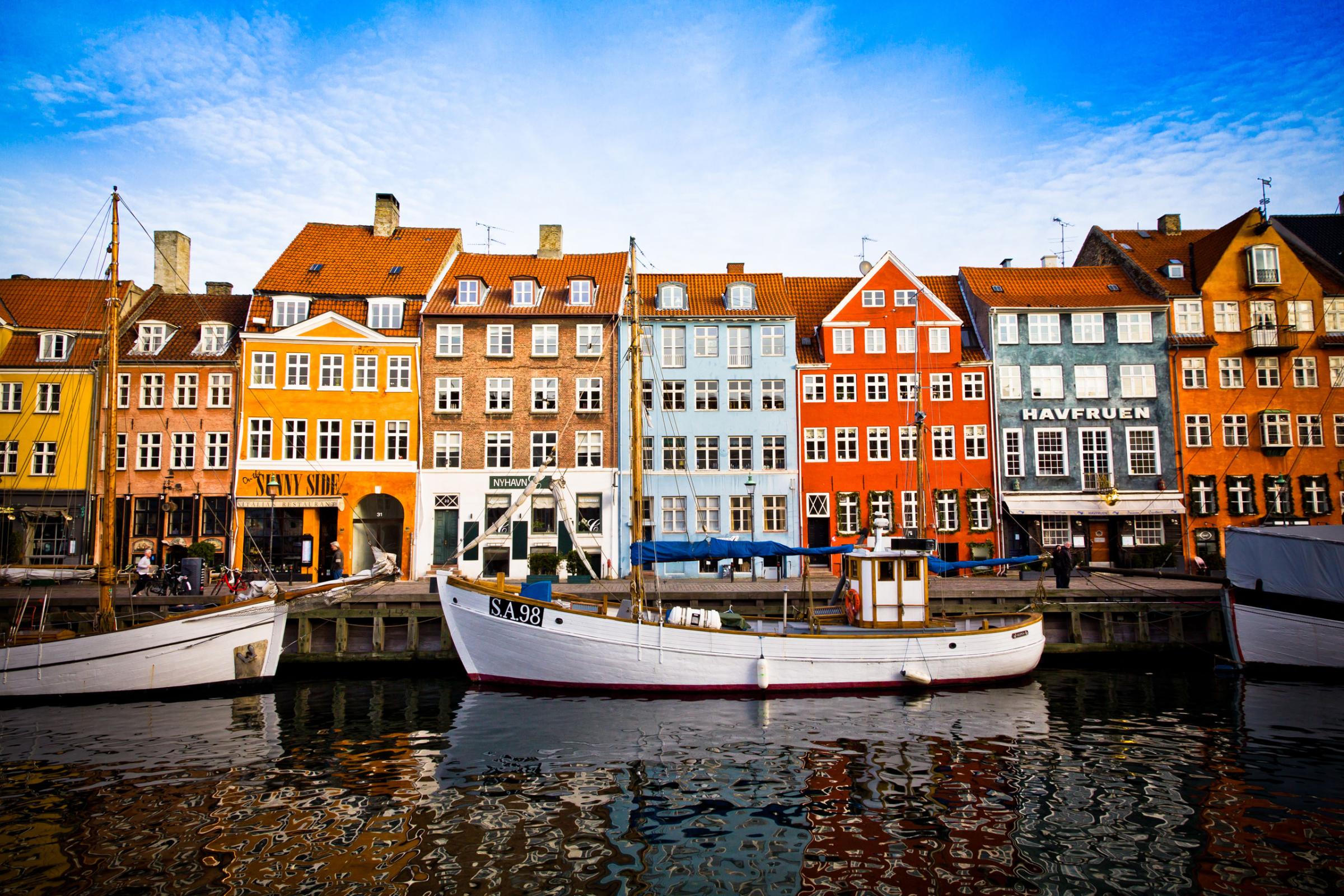A number of cities in the Persian Gulf region may be unlivable the end of the century due to global warming if humans do not curb greenhouse gas emissions, according to new research.
The study, published in the journal Nature Climate Change, projects that by the end of the century heat waves in Doha, Abu Dhabi and Bandar Abbas could lead to temperatures at which humans physically cannot survive over a sustained period of time by around 2100. The threshold, estimated around 170ºF, takes into account heat and humidity that prevent humans from exercising natural functions that allow the body to cool.
“Such severe heat waves are expected to occur only once every decade or every few decades,” said study author Elfatih A. B. Eltahir, a professor at the Massachusetts Institute of Technology. “But when they happen they will be quite lethal.”
Even without heat waves, residents of the region should prepare for today’s extreme temperatures to become the new normal. In some cities throughout the region, temperatures on an ordinary summer day could exceed 140ºF (60ºC). And, while those who can afford air conditioning may retreat to their homes, many others will be left behind.
Read More: This Is How Extreme Heat Can Kill
The extreme heat waves forecast in the study would interrupt industry in the region as well as other practices. For one, workers would be unable to stay outdoors for extended periods of time, affecting a number of businesses, including the oil industry that largely fuels the regional economy. The heat waves would also disrupt the Hajj pilgrimage that draws millions of Muslims to Mecca each year.
The World's Top 10 Most Expensive Cities










Deadly heat waves have already affected many regions around the world. More than 2,300 people died in a heatwave in India earlier this year. The researchers behind the new study say the heat waves they studied would be “significantly more severe.”
The extreme heat waves forecast in the study may be avoidable if countries around the world take action to reduce their greenhouse gas emissions, the researchers behind the study say. The extreme heat waves with temperatures exceeding 170ºF will likely not occur even under a moderate mitigation scenario where the world holds temperature increase to somewhere between 2°F (1.1°C) to 4.68°F (2.6°C) by 2100 rather than the expected 7.2°F (4°C) increase without any action.
The research comes just weeks before a conference where leaders from around the world hope to announce a global agreement to reduce greenhouse gas emissions and keep average temperatures from rising more than 3.6°F (2°C) by 2100.
More Must-Reads from TIME
- Donald Trump Is TIME's 2024 Person of the Year
- Why We Chose Trump as Person of the Year
- Is Intermittent Fasting Good or Bad for You?
- The 100 Must-Read Books of 2024
- The 20 Best Christmas TV Episodes
- Column: If Optimism Feels Ridiculous Now, Try Hope
- The Future of Climate Action Is Trade Policy
- Merle Bombardieri Is Helping People Make the Baby Decision
Write to Justin Worland at justin.worland@time.com